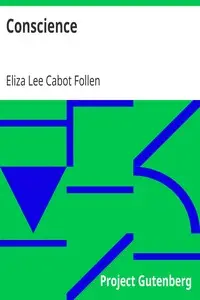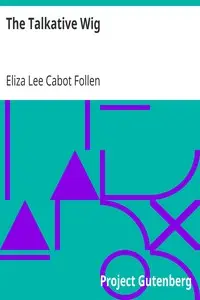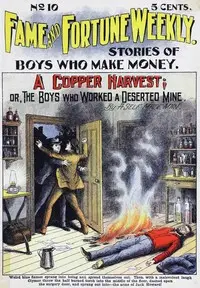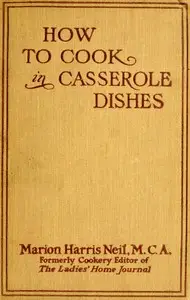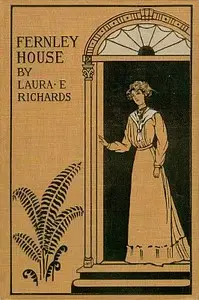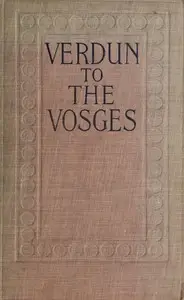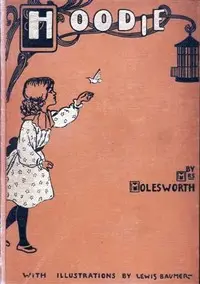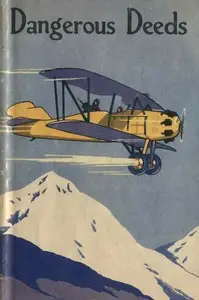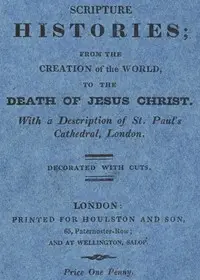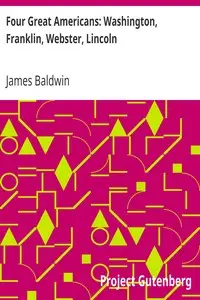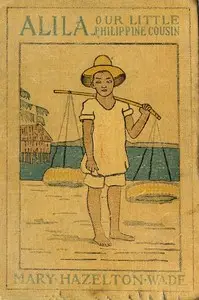"Who Spoke Next" by Eliza Lee Cabot Follen is a collection of stories likely written in the early 19th century. The book features a narrative style that blends elements of fiction with historical and human interest themes, reflecting on various artifacts and their roles in past events, particularly around the American Revolutionary War. The stories are conveyed through the perspectives of inanimate objects, such as a musket and a tea kettle, focusing on their experiences and the lives of their owners. The book opens with the musket taking center stage, recounting its journey from England to America and its participation in pivotal battles during the struggle for independence, including its painful realization of the lives lost and the suffering caused by warfare. The musket narrates the death of its master during the first confrontation with the British, a weighty moment that highlights the tragedy of war. This theme of loss and the hope for freedom continues as other items, such as a broadsword, warming pan, and tea kettle, share their stories. Each object provides a unique perspective on human life, community, and the passage of time, evoking a sense of nostalgia for simpler days and the struggles faced for liberty and comfort. Together, these thoughtful reflections create an engaging narrative that bridges the gap between inanimate objects and the rich tapestry of human experiences. (This is an automatically generated summary.)

Who Spoke Next
By Eliza Lee Cabot Follen
"Who Spoke Next" by Eliza Lee Cabot Follen is a collection of stories likely written in the early 19th century. The book features a narrative style th...
Eliza Lee Cabot Follen was an American writer, editor, and abolitionist. In her early life, she contributed various pieces of prose and poetry to papers and magazines. In 1828, she married Prof. Charles Follen, who died on board the Lexington in 1840. During her married life, she published a variety of popular and useful books, all of which were characterized by her Christian piety. Among the works she gave to the press are, Selections from Fénelon, The Well-spent Hour, Words of Truth, The Sceptic, Married Life, Little Songs, Poems, Life of Charles Follen, Twilight Stories, Second Series of Little Songs, as well as a compilation of Home Dramas, and German Fairy Tales. Holding an interest in the religious instruction of the young, she edited, in 1829, the Christian Teacher's Manual, and, from 1843 to 1850, the Child's Friend. She died in Brookline, Massachusetts in 1860.




